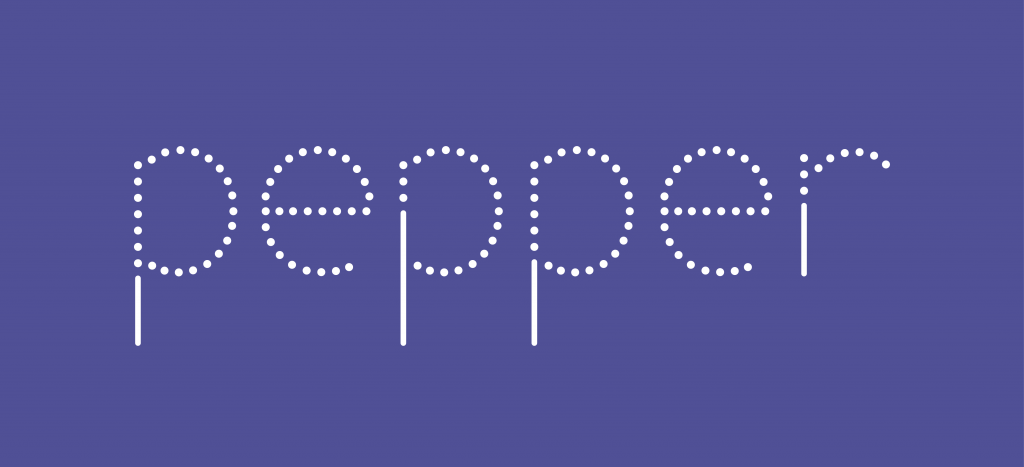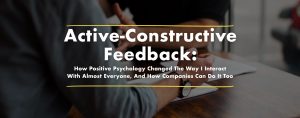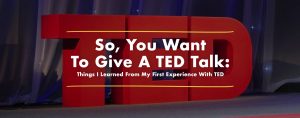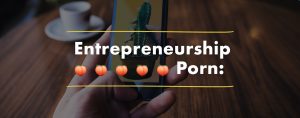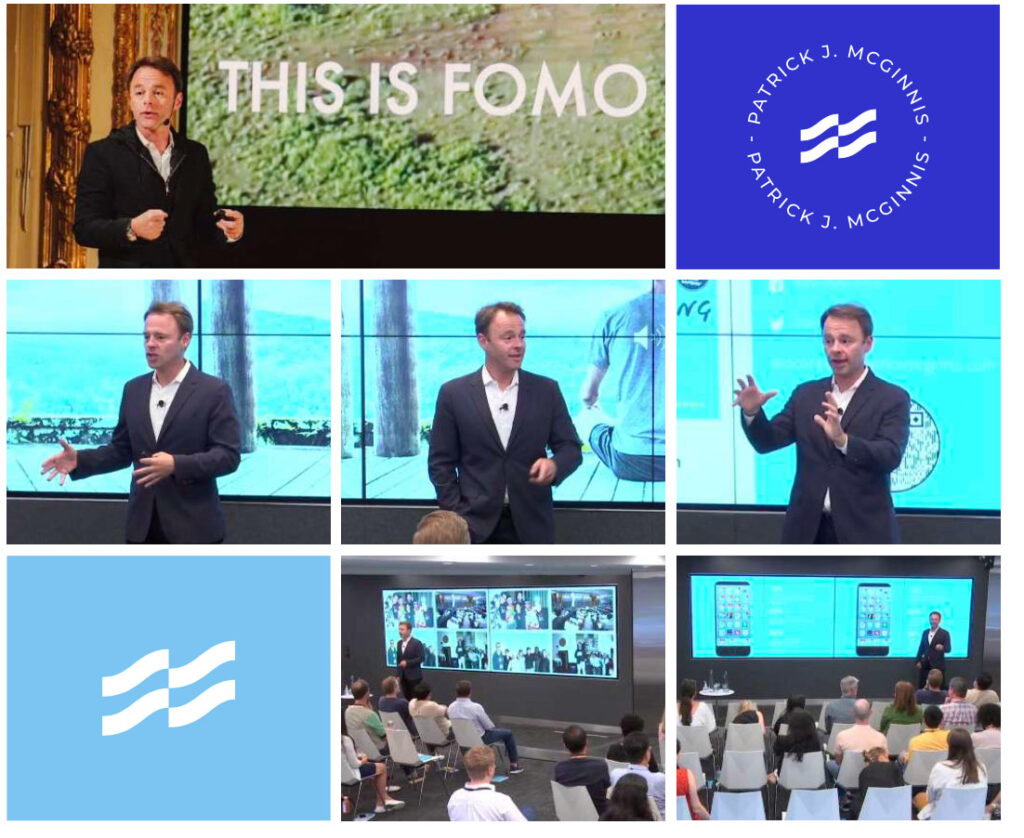Have you ever had a problem that seemed impossible to solve, because the solutions the industry offered weren’t good enough (or affordable enough)? This was the case for Jaclyn Fu and Lia Winograd, creators of Pepper.
Both women came together after years struggling with ill-fitted bras from well-known brands, which weren’t flattering and affected their health and self image. They decided to fight back against mass-produced designs and highly priced custom options by designing their own line of bras to “empower women by helping them feel beautiful and confident in the body they have.”
In less than a year, they managed to run a successful Kickstarter campaign, fit more than 1000 women, and gain the attention of Cosmopolitan, Huffington Post and Allure, among others. Their next goal is to start delivering their first orders between January and February.
Best of all, both Jaclyn and Lia developed Pepper as 10% Entrepreneurs and have now transitioned into making Pepper their full-time job. On top of that, Lia has managed to do all of this while pursuing an MBA at NYU.
Recently, Lia shared her story as a 10%er and the rapid rise of Pepper from a side venture to a established company.
1. What is the name of your business and what do you do? When did you start it?
Pepper makes better-fitting bras for small-chested women. The idea of Pepper came together about a year ago when my co-worker (and later co-founder) and I were talking about how badly our bras fit.
From there, we did our research and found out the real culprit. Most bra prototypes are manufactured using a mold based on a woman with larger busts, and then those designs are shrunk down to smaller sizes. This creates all sorts of fit issues for women with less breast tissue, including falling straps, digging underwires, and, most significantly, a bra gap.
So she and I began working after hours and on weekends (we both had other full-time jobs) to create Pepper, not only to meet the needs of an underserved, $4B U.S. market, but to help marginalized women feel confident in their own skin.
2. How has Pepper done so far?
On April 2017, we launched a Kickstarter campaign with the initial goal of raising $10,000 dollars to meet the minimum production requirements. We raised that in just ten hours! At the end of the thirteen-day campaign, we had raised over $47,000 from 950 backers, which led to us being featured in several media outlets.
Since then, we’ve opened up a pre-order shop on our website and have sold over $70,000 in pre-orders. We worked hard to make our product absolutely perfect before going to market. In December, we finalized all of our graded samples and conducted fittings with our community.
We’ve gotten overwhelmingly positive feedback from our customers, many of whom are placing repeat orders. For 2018, we expect to have our inventory available and a new website.
3. Right now, you’re taking an MBA at NYU. How do you combine your school activities with your 10% venture?
I came to Stern [business school at NYU] to bring my business into the classroom and the classroom into my business. The only way to take on two projects with such heavy workloads is by aligning their goals. Right now, for example, I'm structuring an independent study that will count as course credit, where a Stern faculty member will be mentoring and holding me accountable to milestones for my startup. I also apply this to my extracurricular activities. Being involved in the Entrepreneurship Startup Association gives me the opportunity to connect with other startup founders and learn how to grow Pepper.
The important thing is to be strategic in making each initiative overlap with your bigger aim.
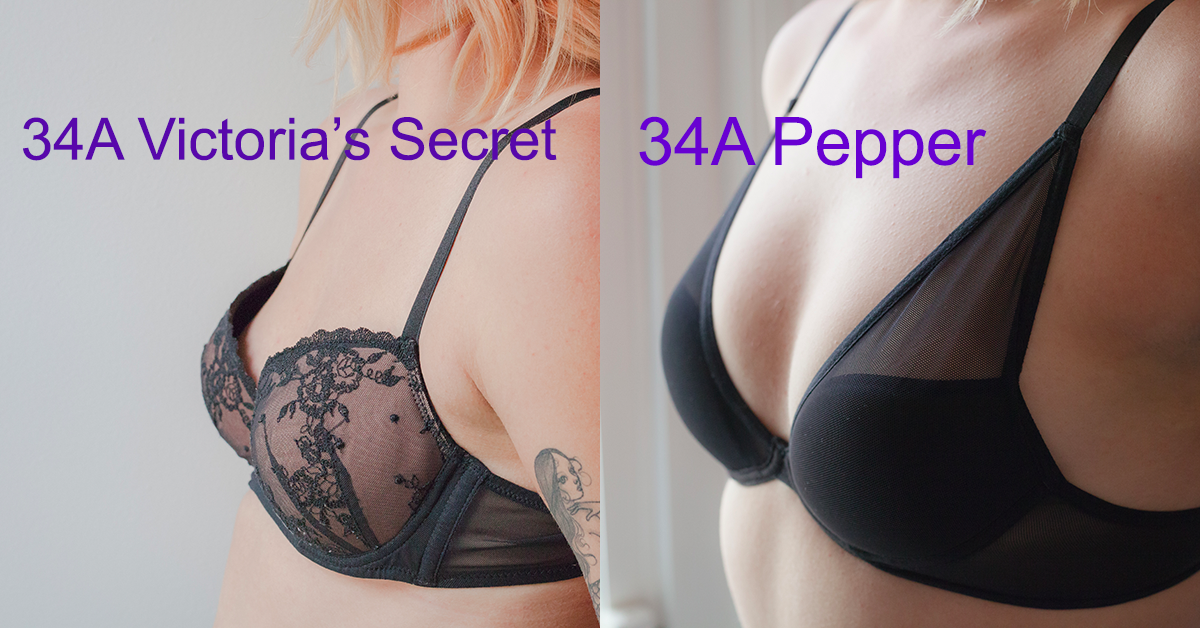
4. Tell us about what inspired you to start Pepper.
My inspiration to start my own business came from my grandfather's story. As a young boy, he escaped Poland before the Holocaust and came to Colombia on a boat, not knowing a word of Spanish. He dropped out of school early and dedicated his life to building a button factory that provided for all his future generations.
When Pepper began, it was a side project from our full-time jobs. But, after we launched our Kickstarter campaign, we started getting emails from our community members, thanking us and telling us about their most intimate and emotional stories about not ever being able to live up to society’s outrageous beauty standards.
We then realized that this problem went beyond fit and that it was also about women empowerment and improving body confidence. That's when I knew it was worth more than 10% of my time. I quit my full-time job in April and dedicated the next five months before starting my MBA to growing Pepper.
5. Why do you think your business is a good idea?
We’ve identified an audience of women whose problems have been so misunderstood and ignored. Our long-term vision is to become the destination shop for commerce, content and community for them by expanding from just bras into other apparel categories like swimsuits and sportswear. No other bra company is leveraging the millennial trends around body positivity and comfort for the small cup size category.
6. How does this particular business idea fit within your life and who you are?
One of my primary goals in entrepreneurship has always been to expand the possibilities available to emerging Hispanic business leaders in both the US and Latin America. In the case of Pepper, we partnered with a female-owned manufacturing firm in Medellin, one of South America’s textile capitals. The savings captured by this supply chain strategy—bras cost $7 to make in Colombia, versus $30 in the United States—will propel Pepper to quicker profitability, and allow it to compete, from an early stage, with larger companies that enjoy high-volume cost efficiencies. Most importantly, I'm proud to be able to grow a business in the US that has connections to my Latin American roots.
7. How much time/money have you invested in your company?
I would actually say my venture is my 90% project and my MBA is the remaining 10%. When most students come to the MBA program, they spend the majority of their time recruiting for new job opportunities. However, in my case, I spend my time pitching, networking with VC’s, researching, interviewing customers and furthering opportunities to grow Pepper.
When it comes to money, Jaclyn and I split the initial capital costs of getting our first prototype produced and branding our website, which was our MVP for Kickstarter. We spent about $10,000 in up-front costs. We’ve reinvested 100% of our Kickstarter funds to continue to grow our operations.
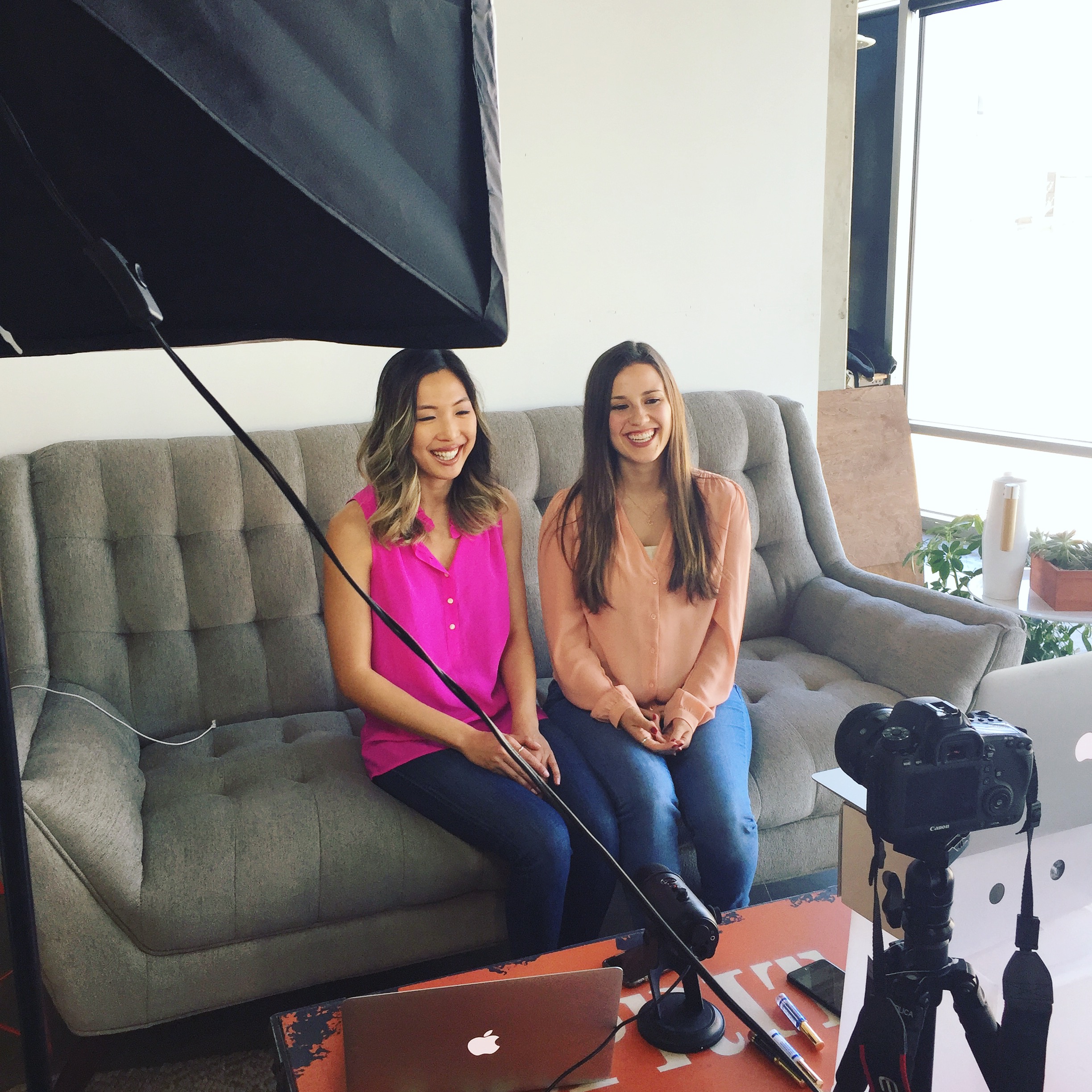
8. How did you meet Jaclyn, your business partner? What does she bring to the table at Pepper? Is she also 10%?
Jaclyn and I met at a technology startup in New York a year before starting Pepper. I come from a more operational background having worked in consulting at McKinsey and doing my MBA at Stern, so I handle vendor relationships, forecasting and planning, budgeting, and finances. Jaclyn has 6+ years of experience in product marketing and telling brand stories, coming from Mozilla Firefox and Etsy. She leads our marketing strategy, product development, and our day-to-day operations with our customers. After the Kickstarter campaign, Jaclyn also quit her full-time job and now dedicates 100% of her time to growing Pepper!
9. What has been the biggest challenge and how have you overcome it?
One of our most significant challenges is that neither Jaclyn nor I have a design background, so we’ve had to learn all of the production terms, processes, and guidelines from scratch to communicate with our factory effectively and translate our vision into an actual product.
To address this challenge, we partnered with a fully vertical factory in Colombia that handles the production process end-to-end, from sourcing fabrics, to designing, prototyping, and large-scale manufacturing. We’ve also recently partnered with a freelance bra designer in New York who is helping us launch our new collection.
10. What are your top tips for managing time?
Find common ground between your goals and initiatives. If I came to Stern and filled my schedule with presentations, case competitions, and activities from every available club, I would go absolutely insane because those initiatives have nothing to do with my long-term goals. Especially in the MBA program, the FOMO is real and it can be tempting to follow the crowd, but you have to learn how to say no. I only take on initiatives and activities that directly align with my long-term professional goals. Before I commit to something MBA-related I ask myself, “Will this help me grow Pepper?”, “Will this teach me something about entrepreneurship or venture capital?” If the answer is no, then I don’t do it.
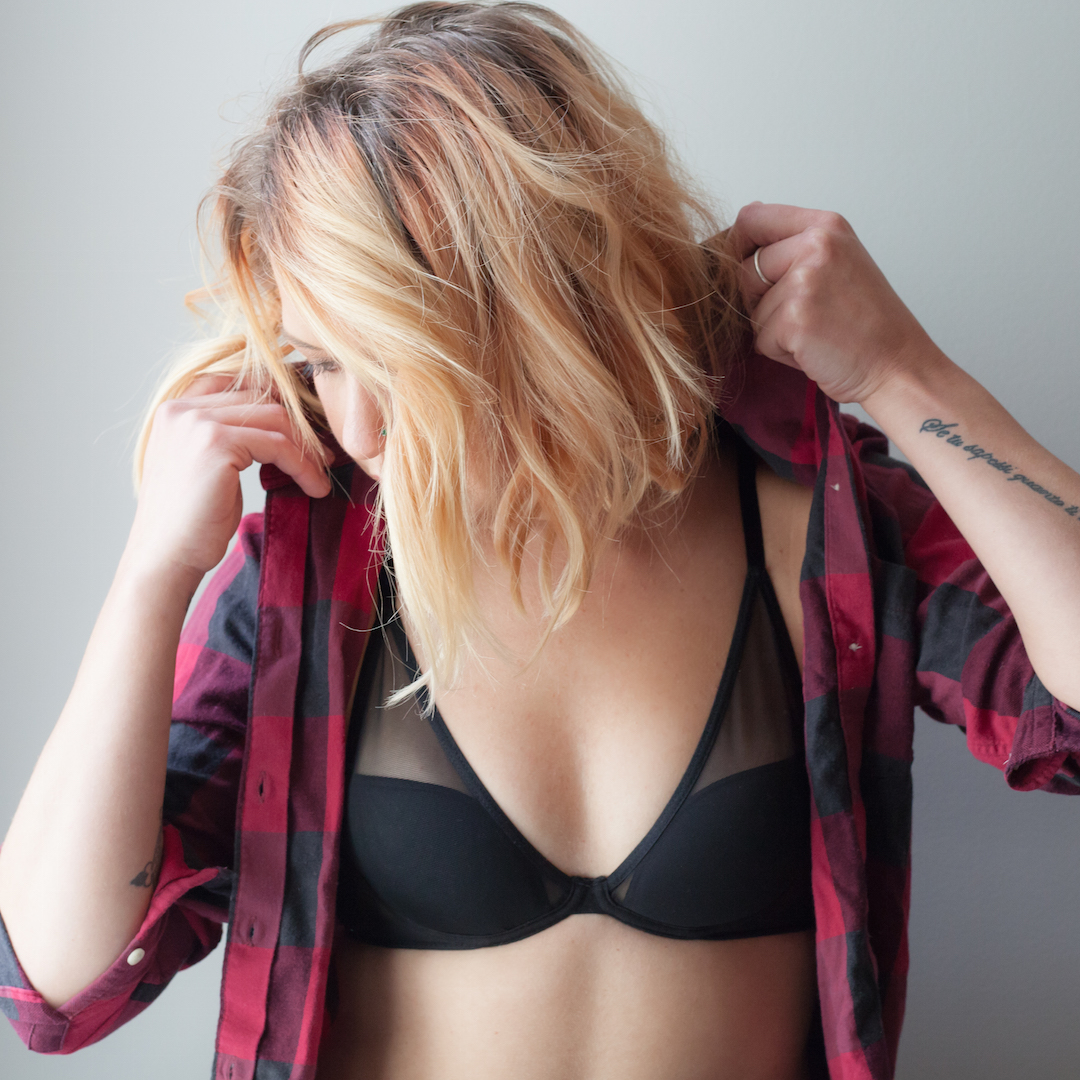
11. Who have you gone to for advice and what you do when you need help?
When we first started thinking of the idea of Pepper, we tried to connect with as many startups as we could that had launched successful Kickstarter campaigns. We reached out to the founders of Covry, an eyewear company that makes better-fitting designs for Asian frames with low nose bridges and high cheekbones. They met us over coffee and shared really valuable advice.
When we realized how willing Covry was to help us, we stopped being shy about knocking on everyone’s door to get their advice. When you’re creating something new in such a specific industry, there is not one single person that’s going to have all of the answers for you. But the more people you talk to, the more information you start collecting and you start fitting the pieces yourself.
Stern has also been so helpful in connecting me with the right people when I need help. This semester I got advisory meetings from the founders of Brooklinen, Dia&Co, and Owl’s Brew, and got to chat with investors from RRE Ventures, General Catalyst and First Round. We never say no to the opportunity of chatting with someone because you never know how that person can be helpful in the future.
12. What books and blogs have you read and that have been helpful to you (if any)?
Lean Startup. While it sounds basic, it has really changed the way we operate and think about growth. Founder’s Dilemma helped me as I was navigating those tough conversations with my co-founder about our vision, equity split, and long-term goals.
You can find both of these books in the Book Club section, along with several others.
13. What do you see happening in the future?
I think when you’re working at a startup everything can be so unpredictable that anything can happen. I am completely confident that Pepper will grow to its fullest potential: we have a great idea, the right team, and the passion we need to push this forward. At the same time, I know that we are in a difficult and crowded industry, with a lot of challenges ahead. After all, the majority of startups fail.
But what’s important is that I’m learning more than I ever could at any other job: I’m learning about every aspect of a business, about leadership, commitment, negotiation, strategy, communication… the list goes on. No matter what the future holds, embarking on this entrepreneurial journey has been my most meaningful professional achievement.

